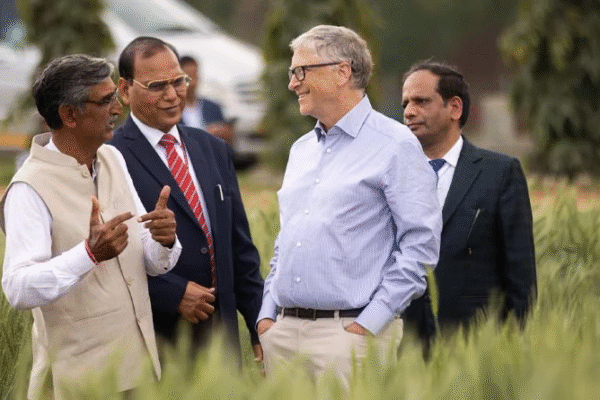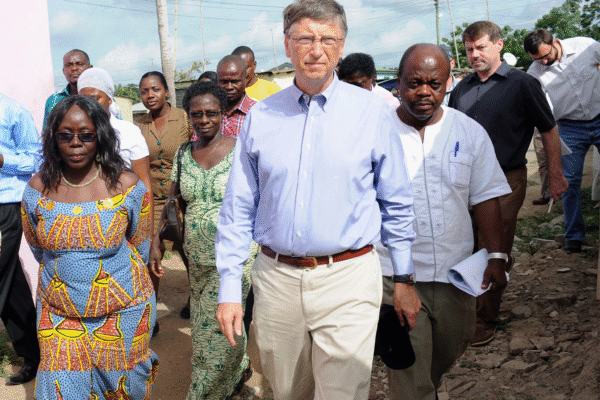

G20 Summit 2025: A Turning Point for Global South Nations
The G20 Summit in Johannesburg grabbed international attention for more than photo-op handshake moments. As major economies gathered, the focus shifted toward the Global South, climate finance, digital infrastructure and multilateral reform. Despite underlying disagreements the summit delivered signals of shifting power and priorities. In essence, G20 is no longer just about economic growth—it’s about who sets the rules and how.
Redefining the Agenda: Global South, Digital Public Infrastructure & Climate Commitments
For the first time the summit underscored the full impact of Global South priorities. The host country’s theme—“Solidarity, Equality, Sustainability”—came alive in the Leaders’ Declaration. During his address, Prime Minister Narendra Modi proposed four big initiatives- focus on healthcare, knowledge and war on drugs.
In addition, the G20 reaffirmed that digital public infrastructure and emerging technologies like AI must serve development, not just growth. The climate finance language also evolved: members acknowledged that scaling financing from billions to trillions will be essential for developing countries to meet their commitments.
Yet even as these shifts gained momentum, the summit revealed fault-lines. While most members signed the declaration, the pace and scale of commitment vary widely. Bridging that gap remains the major test ahead.
Challenges Ahead: Growth Slows, Consensus Wavers & Implementation Lags
The G20 looks increasingly important, but it also faces serious headwinds. According to the International Monetary Fund, medium-term growth among G20 nations will drop to its weakest since the 2009 crisis, falling to around 2.9 % by 2030. Reuters Meanwhile, the climate talks and economic pledges remain ambitious on paper but complex in practice.
One major difficulty is implementation. Grand declarations often do not translate into uniform action. For instance, despite consensus at the summit, some countries continue to delay climate finance disbursement and digital-infrastructure roll-out. Another obstacle lies in representation: although the African Union now holds permanent membership, the G20 still excludes many smaller states that feel their voices are unheard.
In short, the summit may mark a pivot, but the movement from pivot to progress will take years. The real impact will depend on policy alignment, capacity building and accountability across countries and institutions.
The G20 Summit of 2025 signals a meaningful shift in global governance. It places the Global South and climate finance firmly at the centre of the conversation. However, the summit also highlights the gulf between aspiration and execution. For citizens in developing nations, the promise of “leaving no one behind” must translate into tangible outcomes—jobs, resilient infrastructure, clean energy and secure digital access.
Ultimately, the G20 may set the direction-but the world will judge it by delivery. As we move forward, the question will not only be what was declared, but what is done.

NewsHasghag operates a 24/7 news bureau that tracks the real-time, social media-driven stories from India and around the world, keeping you ahead of the day’s key talking points. Our digital-first approach transforms storytelling through the seamless integration of data, interactive charts, video, and audio into every narrative









